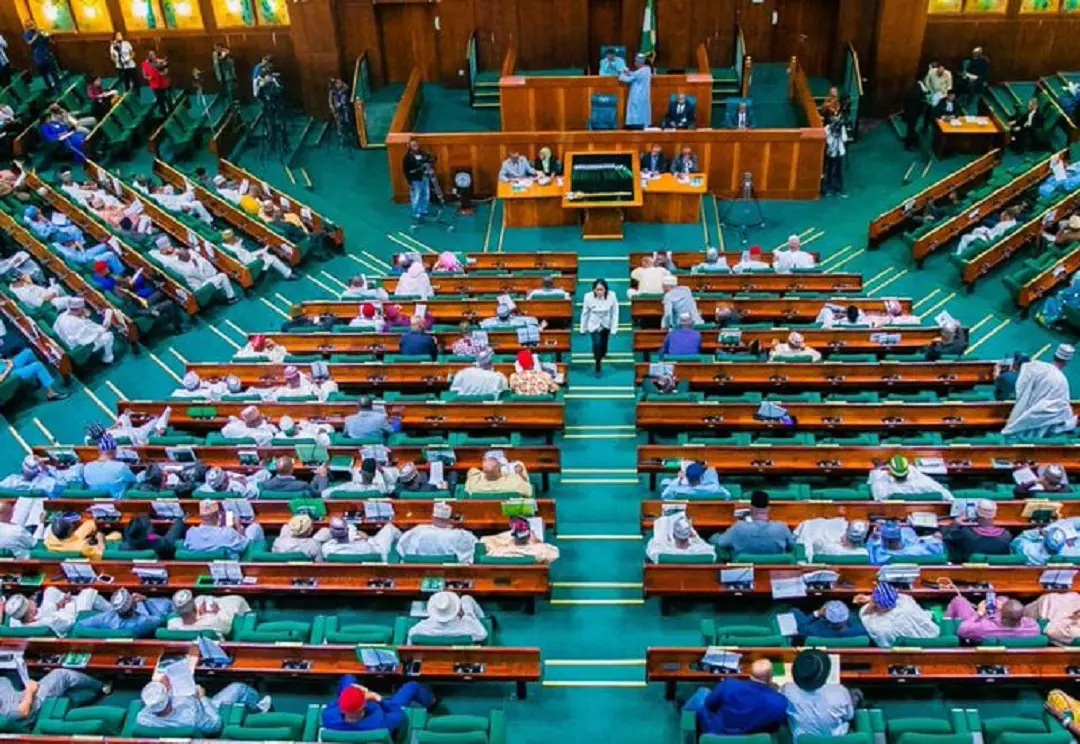• Launch probe into NELFund disbursement in South-East
With an estimated 2.8 billion metric tonnes of coal deposits and proven reserves of about 650 million metric tonnes, the House of Representatives, yesterday, opened a public hearing on a bill to repeal the obsolete Nigerian Coal Corporation Act and replace it with the Nigerian Coal Development Commission.
The bill is titled “A Bill for an Act to Repeal the Nigerian Coal Corporation Act and Enact the Nigerian Coal Development Commission Enugu and for Related Matters (HB.667).
The bill is part of the 12 bills that were debated, with the aim to develop the solid minerals sector. Sponsor of the bill, Chimaobi Atu (APC, Enugu), told the session that Nigeria must urgently return to coal, not just as history, but as a tool for steel, power, and industrial revival.
The proposed legislation had scaled second reading in March and was thereafter committed to the Committee on Solid Minerals Development for further legislative action.
“The coal industry provided a chunk of our national revenue before and after independence, but collapsed with oil. This bill, when passed, will revive that legacy and end illegal coal mining,” Atu said.
According to Atu, Nigeria’s coal deposits are estimated at 2.8 billion metric tonnes, concentrated mainly in Enugu, Kogi, and Benue states. He noted: “Clean coal” from these regions is particularly vital for steel production and could catalyse industrial and manufacturing revival.
“The Nigerian coal industry has four closed non-optional mines in Okpara and Onyeama in Enugu State, Okaba surface in Kogi State and Owukpa underground in Benue State.
“Experts have argued that coal, once regarded as the jewel of Nigeria’s economy before the discovery of crude oil, should not have been allowed to waste.
“The country made its first commercial discovery in Enugu in 1908, and by 1916, coal had become the main source of energy for electricity generation, industrial power and railway transportation. But the discovery of oil in Oloibiri in 1956 marked the beginning of a steady decline. By the mid-1960s, the Nigerian Railway Corporation switched its engines from coal to diesel, drastically reducing demand.”
He noted that globally, coal still contributes about 40 per cent of electricity generation, and remains vital in steel, cement, fertiliser and beauty products.
Yet in Nigeria, he said, there are no operating coal power plants, and four mines in Enugu, Kogi, and Benue remain closed. Atu noted that successive governments have promised the revival of the coal industry. Former President Muhammadu Buhari, during his campaign, pledged to harness Enugu’s coal to generate jobs and electricity, but years later, nothing has materialised.
Speaking, representative of the Nigerian Mining and Geosciences Society (NMGS), Godwin Alo, explained that previous privatisation attempts, managed through the Bureau of Public Enterprises, had failed to attract sustained investment, despite interest from major multinational companies.
He said: “There was a bidding process that attracted some of the world’s biggest mining firms, but somehow that bidding process got stalled along the line. If not, that industry, even without this commission, would have gone ahead and developed.”
MEANWHILE, the House of Representatives has begun a probe into the disbursement of the Nigerian Education Loan Fund (NELFund) in the South-East.
Chairman of the Joint Committee on Student Loans, Scholarships and Higher Education Financing, Banking and Other Ancillary Institutions, Anti-Corruption, and University Education, Paul Sunday Nnamchi, made this known at the South-East zonal investigative hearing at the Enugu State University of Science and Technology (ESUT).
Nnamchi stated that the committee’s mandate is to objectively probe allegations of infractions in the loan disbursement process across beneficiary institutions.
Prof Nnamchi, who represents Enugu East/Isi-Uzo Federal Constituency, explained that the committee would also interrogate the operational processes guiding student loan disbursement.
According to him, the investigation will further examine compliance with legal and ethical frameworks and recommend actionable solutions to ensure transparency, fairness, and efficiency in the loan system.
“Once again, I must commend NELFund and Nigerian students for embracing this transformative journey of the President’s Renewed Hope Agenda in the education sector,” he said.
Do you have news for us? Or feedback? Reach us at info@theplenary.com.ng, on WhatsApp: 08126247308, 08050636363

